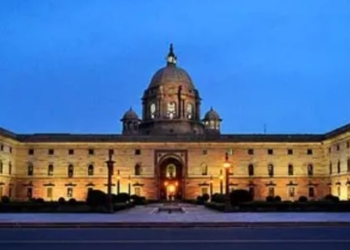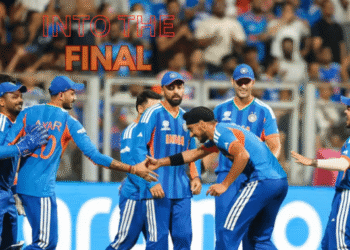In a surprising turn of events, US President Donald J. Trump announced on Saturday that India and Pakistan have agreed to a “full and immediate ceasefire” following a night of US-mediated talks.
— Donald J. Trump (@realDonaldTrump) May 10, 2025
Over the past 48 hours, @VP Vance and I have engaged with senior Indian and Pakistani officials, including Prime Ministers Narendra Modi and Shehbaz Sharif, External Affairs Minister Subrahmanyam Jaishankar, Chief of Army Staff Asim Munir, and National Security Advisors Ajit…
— Secretary Marco Rubio (@SecRubio) May 10, 2025
Pakistan Deputy Prime Minister and Foreign Minister Ishaq Dar also tweeted, “Pakistan and India have agreed to a ceasefire with immediate effect…”
The announcement follows a period of intense conflict between the two nuclear-armed neighbours, who have fought three wars and numerous skirmishes over Kashmir since their partition in 1947.
However, the ceasefire announcement has raised eyebrows, given India’s firm rejection of Trump’s mediation offer just two days prior. On May 8, India had politely declined Trump’s proposal, urging the US instead to pressure Pakistan on its alleged links to terrorism. India has historically opposed third-party mediation in its disputes with Pakistan, citing the Shimla Agreement (1972) and the Lahore Declaration (1999), which emphasise bilateral resolutions.
For now, the ceasefire offers a glimmer of hope in a region long marred by conflict. Whether it will lead to lasting peace or merely serve as a brief respite in a decades-long struggle remains to be seen.
As the world watches, the onus is on India and Pakistan to build on this moment—and on the US to ensure that its mediation efforts go beyond symbolic gestures.






























